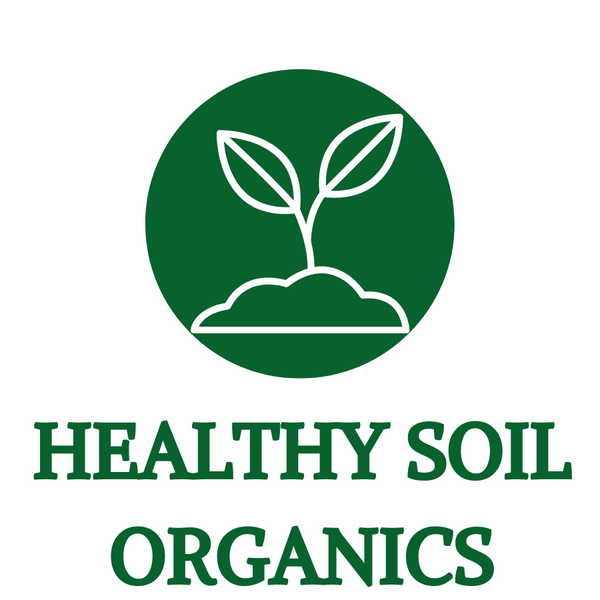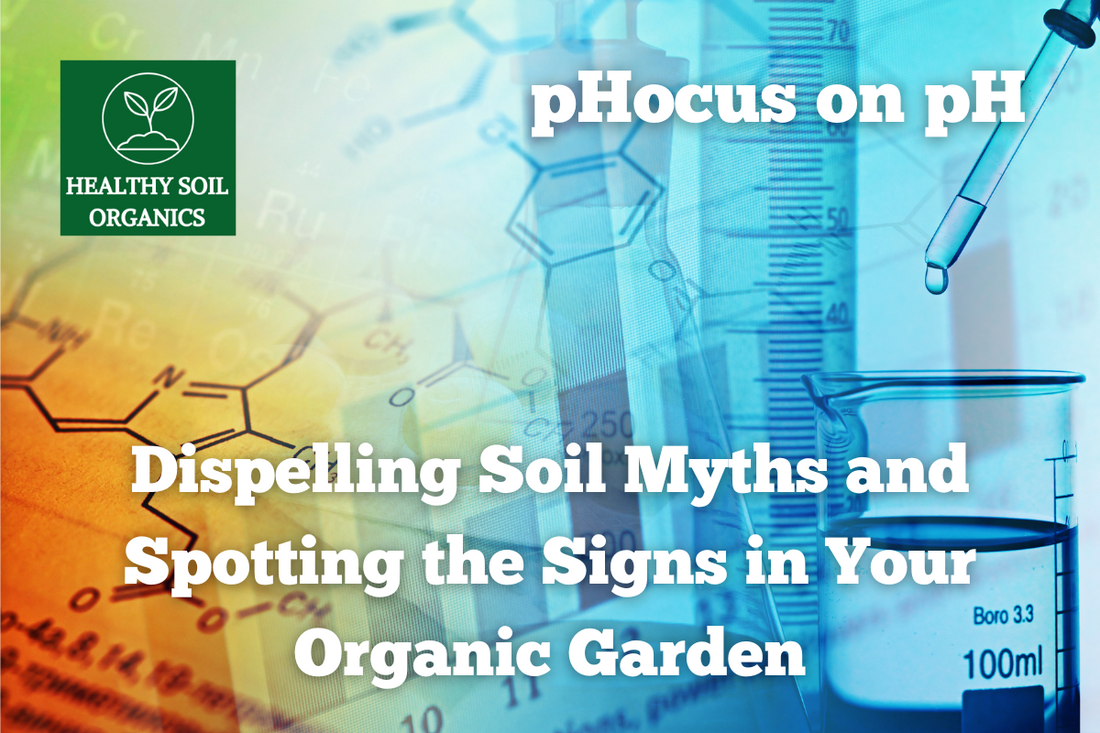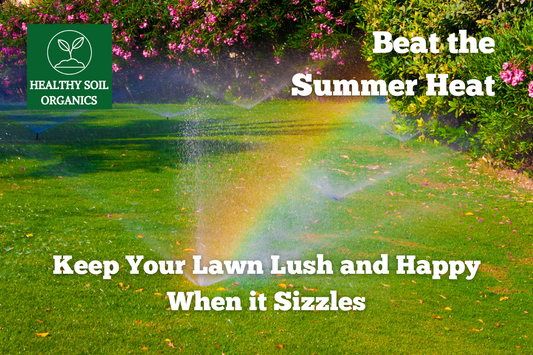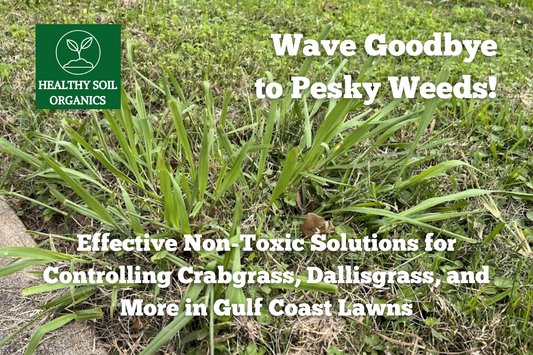Hello, green thumbs and dirt dabblers! Today, we're embarking on an adventurous journey to the somewhat mystical, somewhat confusing, but always enthralling world of soil pH. Buckle up for a fun ride as we debunk some common myths, unveil some surprising signs, and dish out tips on naturally balancing soil pH. Fear not, this won't be a tedious chemistry lesson. Instead, it's going to be an organic comedy show full of puns and practical advice. So, grab your gardening gloves, put on that sunhat, and let's get cracking!
Myth 1: The pHairy-tale of the Lucky 7
Some folks preach about the magical number 7 when it comes to soil pH. But, spoiler alert, the 'one size fits all' approach is about as practical as wearing wellies to a beach party! Different plants prefer different pH levels. Blueberries, for instance, love a bit of acidity, while lavender leans towards the alkaline end of the spectrum. So let's say goodbye to the number 7 and hello to plant-specific pH ranges!
Myth 2: The pHallible pH Test Kits
Handy as they may seem, those off-the-shelf soil pH testing kits are about as reliable as a chocolate teapot! Soil pH can vary greatly within your garden, so an 'average' pH reading is about as useful as a sundial in a thunderstorm. Instead, we can become soil detectives, observing signs and symptoms in our plants and lawns to get a better understanding of our soil's pH.
The Game of Visual pH Clues
Time to play a little garden detective and read the visual clues your plants are giving you!
Yellowing Leaves
Also known as chlorosis, yellowing leaves are often a sign your soil might be too alkaline, causing nutrient deficiencies. It's like your plants are crying out, "We need more acid!"
Slow Growth
If your plants are growing as slow as a snail doing a marathon, you might be dealing with soil that's too acidic.
Mossy Lawns
Moss invasion in your lawn is like the green, sneaky, silent party crasher that loves acidic conditions. If you've got more moss than grass, your soil might be throwing an acid party!
Organic Tips to Balance pH
Got your detective clues and ready to act? Here are some natural, organic solutions to balance your soil's pH without resorting to harsh chemicals.
Coffee Grounds
Feeling the acidity blues? Spent coffee grounds are a fantastic organic amendment that can help acidify your soil. Plus, worms absolutely love it - consider it their favorite take-out!
Eggshells
Those morning scramble leftovers can be garden gold. Crushed eggshells can raise (or alkalize) your soil's pH, acting like a slow-release calcium supplement.
Compost
Compost is the soil's ultimate BFF, offering a buffet of nutrients while naturally balancing pH levels. It's the perfect partner for your garden soil - loyal, helpful, and always ready to support!
Wood Ash
Got a fireplace? Then you've got a natural soil pH balancer. Wood ash can help sweeten (or alkalize) your soil. But be cautious – it's potent stuff! It's like the jalapeno of the soil amendment world. A little goes a long way.
Wrapping It Up
So there you have it, folks, debunking myths and spreading the organic love. Let's remind ourselves that our lawns and gardens are not chemistry labs (although sometimes they feel like botanical ones!). They are living, breathing ecosystems that thrive on balance and diversity.
Remember, the key to a healthy garden isn't about chasing perfect numbers, but fostering a nurturing environment that promotes vibrant, healthy growth. Keep it natural, keep it organic, and your garden will keep it fabulous!
That's all pHolks! Stay tuned for more organic garden tales




